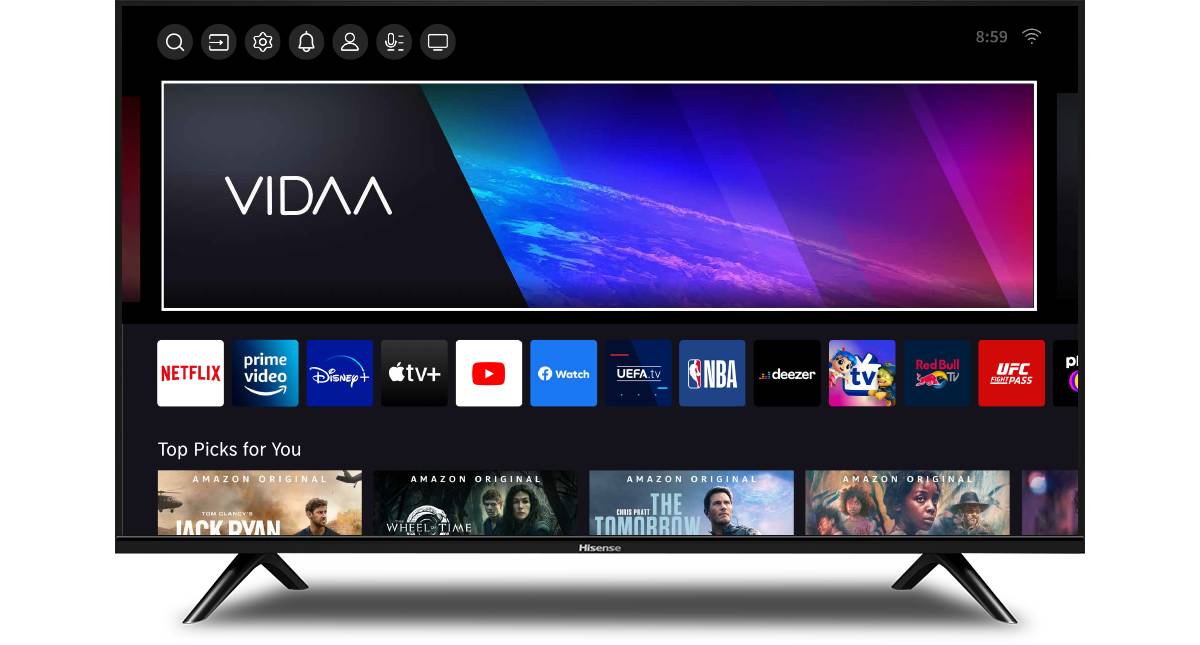UK publishing group Reach, owner of the Mirror, Daily Star, Daily Express, and a range of local newspapers, reported a 5.4 percent fall in total revenues in 2023 in its full-year financial results this morning. In contrast to the general trend for publishers in recent years, print revenues held up better than digital, with print revenues down by two percent and digital down by 15 percent year-on-year. But CEO Jim Mullen said despite this, the company has made good progress on its digital strategy over the last year, with investments in data starting to pay off – so much so that the publisher sees an opportunity in the upcoming deprecation of third-party cookies on Chrome later this year.
The drop in digital revenues came down to two major factors according to Reach: a fall in traffic, and lower yield from programmatic advertising.
The fall in traffic was steep, with page views down by 24 percent year-on-year. This was partly driven by lower referrals from social platforms, which have deprioritised news content recently. But there’s also been a general fall in news consumption. Reach said the average time spent by the UK population reading news was down by four percent last year.
Meanwhile programmatic advertising revenue per mille (RPM) was down 35 percent in 2023, which Jim Mullen said was a reflection of the wider economy (Reach uses programmatic yield as a “temperature check” on the economy according to Mullen, as the two track closely). But Reach painted the fall as a drop specifically in revenues on the open marketplace, where Reach’s own first-party data isn’t layered in. Yield for advertising which does make use of Reach’s data, labelled “data-driven advertising” in its reporting, rose. Reach’s average data-driven RPM was up 23 percent in 2023. Data-driven revenues were still down overall however, as they were affected by the fall in readerships.
Optimism for post-cookie world
Mullen said that despite the revenue drop, the company is optimistic for the year ahead.
Reach has historically leaned heavily on open marketplace programmatic revenues, which as described have been more vulnerable to economic fluctuations, as well as generally weaker overall. But the data-driven portion of Reach’s business is growing. Data-driven digital revenues made up 43 percent of Reach’s total digital revenues last year, up from 25 percent in 2021.
The company says this balance set the company up well for the future, especially in light of the upcoming deprecation of third-party cookies in Chrome. When asked on an earnings call following the results whether programmatic revenues will be hit when Chrome pulls the trigger later this year, CEO Jim Mullen said he agrees they will be affected. However because Reach is nearing the point where its data-driven revenue stream makes up the lion’s share of digital revenues, this will counterbalance falls in income from open marketplaces.
And because the company operates in a competitive environment, Mullen believes Reach’s investment in first-party data will give it an edge in a cookie-free context. “Our commercial teams are out there competing with other media owners, and what they have in their back pocket is quite deep data on customers,” he said. “We don’t have to be the best, we just have to be better than our competitors”.
A new component of this data-driven strategy is a data deal signed with Amazon earlier this year, which will give Amazon access to Reach’s content and audience data to help it sell ads on Reach’s properties. Mullen said that Amazon pays directly for this data access, rather than operating on a lead generation model, which brings a new revenue stream for the company. Reach will look for more opportunities to pen similar deals, according to Mullen.




